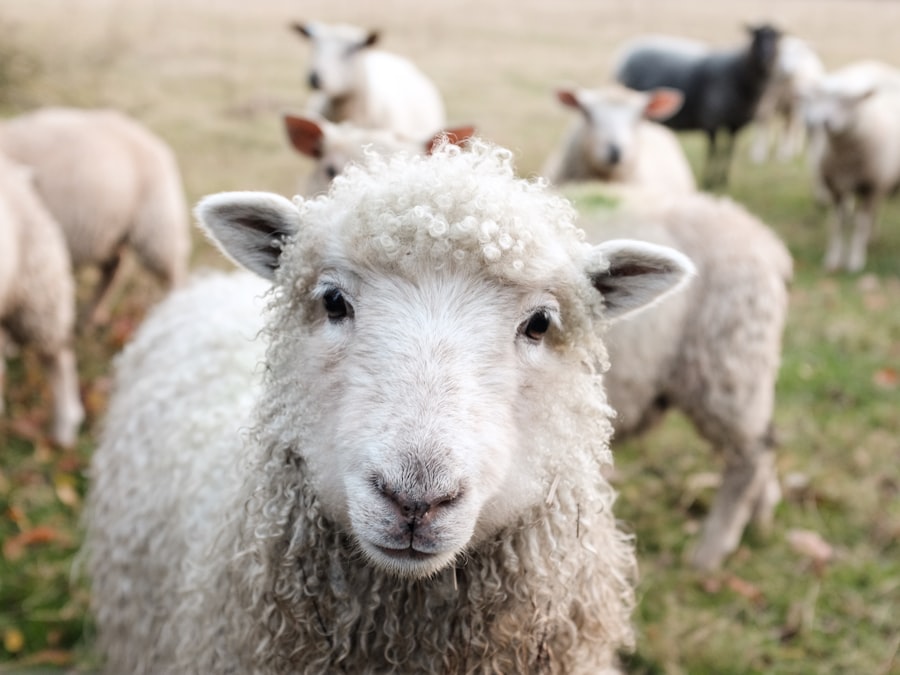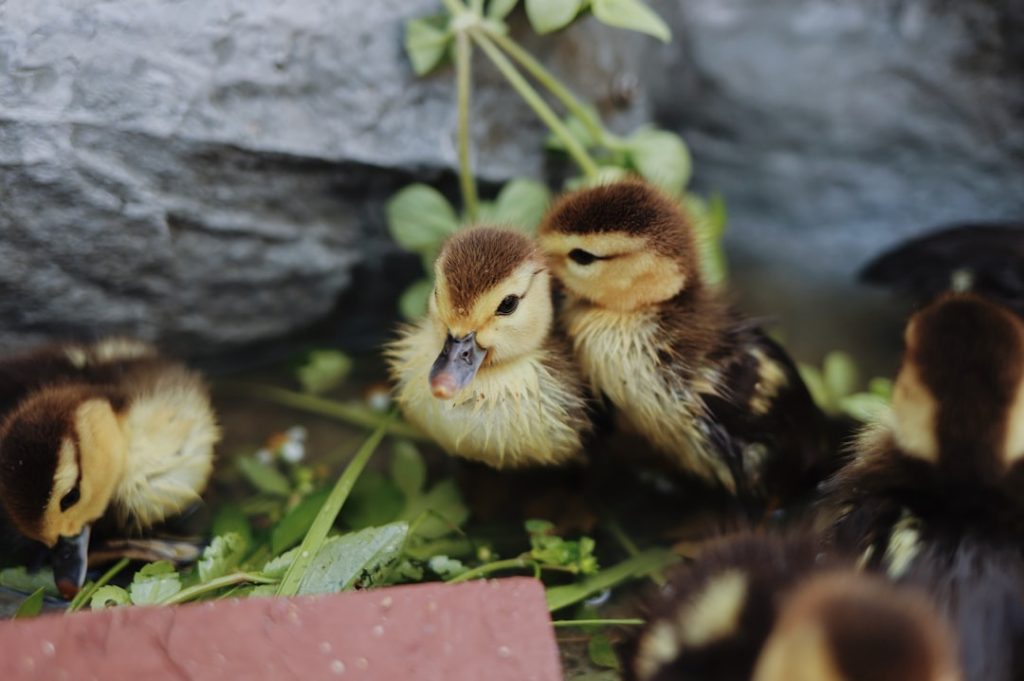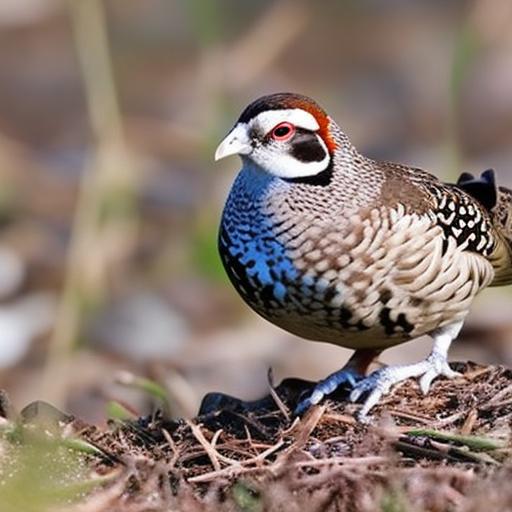Quail farming has gained popularity in recent years due to the high demand for quail meat and eggs. Commercial quail breeds are specifically bred for their meat and egg production, making them a lucrative option for farmers and entrepreneurs. These breeds are carefully selected and bred to maximize their productivity and profitability, making them an attractive option for those looking to enter the poultry industry. Commercial quail breeds come in a variety of sizes, colors, and productivity levels, allowing farmers to choose the breed that best suits their specific needs and market demands. In this article, we will explore the top commercial quail breeds for meat and egg production, as well as the factors to consider when choosing a breed and the care and management required for successful quail farming.
Table of Contents
- 1 Top Commercial Quail Breeds for Meat Production
- 2 Top Commercial Quail Breeds for Egg Production
- 3 Factors to Consider When Choosing a Commercial Quail Breed
- 4 Care and Management of Commercial Quail Breeds
- 5 Market Demand and Profitability of Commercial Quail Breeds
- 6 Conclusion and Future Trends in Commercial Quail Breeds
- 7 FAQs
Key Takeaways
- Commercial quail breeds are popular for both meat and egg production due to their fast growth and high egg-laying capabilities.
- Top commercial quail breeds for meat production include the Jumbo Coturnix, Pharaoh Coturnix, and Italian Coturnix, known for their large size and fast growth.
- Top commercial quail breeds for egg production include the Texas A&M, Tuxedo, and Manchurian Golden, known for their high egg-laying capabilities and consistent egg production.
- Factors to consider when choosing a commercial quail breed include the purpose of production, climate adaptability, and market demand for specific breed characteristics.
- Care and management of commercial quail breeds involve providing proper housing, nutrition, and disease prevention to ensure optimal growth and production.
Top Commercial Quail Breeds for Meat Production
1. Jumbo Coturnix Quail: The Jumbo Coturnix quail is one of the most popular commercial breeds for meat production due to its large size and fast growth rate. These quails reach market weight in just 6-8 weeks, making them a highly efficient option for meat production. They are known for their tender and flavorful meat, making them a favorite among consumers. Additionally, Jumbo Coturnix quails are known for their high egg production, making them a dual-purpose breed for meat and egg production.
2. Pharaoh Quail: The Pharaoh quail, also known as the Golden Manchurian quail, is another popular commercial breed for meat production. These quails are known for their rapid growth and high feed conversion ratio, making them a cost-effective option for meat production. They are also known for their mild and delicate flavor, making them a versatile option for various culinary applications. The Pharaoh quail is a hardy breed that is well-suited for commercial production, making it a popular choice among quail farmers.
Top Commercial Quail Breeds for Egg Production
1. Tuxedo Quail: The Tuxedo quail is a popular commercial breed for egg production due to its high egg-laying capacity and consistent egg size. These quails are known for their striking black and white plumage, making them an attractive option for both farmers and consumers. Tuxedo quails are prolific layers, with some hens laying up to 300 eggs per year. Their eggs are prized for their rich flavor and nutritional value, making them a sought-after choice in the market.
2. British Range Quail: The British Range quail is another top commercial breed for egg production, known for its high egg-laying capacity and adaptability to various environmental conditions. These quails are known for their strong and sturdy build, making them well-suited for commercial egg production. British Range quails are reliable layers, with hens laying up to 280 eggs per year. Their eggs are prized for their rich flavor and nutritional content, making them a valuable commodity in the market.
Factors to Consider When Choosing a Commercial Quail Breed
When choosing a commercial quail breed, there are several factors to consider to ensure the success of your quail farming venture. Some of the key factors to consider include the purpose of your quail farm (meat production, egg production, or dual-purpose), the market demand for quail meat and eggs in your area, the climate and environmental conditions of your farm, and the availability of resources such as feed, water, and housing. It is important to choose a breed that is well-suited to your specific goals and resources to maximize productivity and profitability.
Another important factor to consider when choosing a commercial quail breed is the breed’s temperament and behavior. Some breeds may be more docile and easy to handle, while others may be more flighty and difficult to manage. It is important to choose a breed that fits well with your management style and level of experience to ensure the welfare of the birds and the success of your farm. Additionally, it is important to consider the availability of breeding stock and chicks for your chosen breed, as well as any specific health considerations or disease resistance traits that may be important for your farm.
Care and Management of Commercial Quail Breeds
Proper care and management are essential for the success of commercial quail farming. Quails require a well-balanced diet consisting of high-quality feed that meets their nutritional requirements for growth, egg production, and overall health. It is important to provide clean water at all times, as quails have high water requirements, especially during periods of high egg production or hot weather. Housing should be well-ventilated, clean, and secure to protect the birds from predators and environmental stressors.
Regular health monitoring and disease prevention are also crucial aspects of quail care and management. It is important to work with a veterinarian or poultry health professional to develop a comprehensive health management plan for your quail farm, including vaccination schedules, parasite control, and biosecurity measures to prevent the introduction and spread of diseases. Additionally, it is important to provide proper lighting and environmental enrichment to promote natural behaviors and overall welfare of the birds.
Market Demand and Profitability of Commercial Quail Breeds

The market demand for quail meat and eggs has been steadily increasing in recent years due to the growing consumer interest in alternative protein sources and sustainable food options. Quail meat is prized for its lean texture, delicate flavor, and high protein content, making it a popular choice among health-conscious consumers and culinary enthusiasts. Quail eggs are also in high demand due to their rich flavor, nutritional value, and versatility in various cuisines.
Commercial quail farming can be highly profitable when managed effectively, as quails have low feed requirements, reach market weight quickly, and have high egg-laying capacity. Additionally, quails require less space compared to other poultry species, making them a cost-effective option for small-scale farmers or those with limited land resources. With the right breed selection, proper care and management, and a good understanding of market demand, commercial quail farming can be a lucrative venture with potential for high returns on investment.
Conclusion and Future Trends in Commercial Quail Breeds
In conclusion, commercial quail breeds offer an attractive opportunity for farmers and entrepreneurs looking to enter the poultry industry. With the right breed selection, proper care and management, and an understanding of market demand, commercial quail farming can be a profitable venture with potential for high returns on investment. As consumer interest in alternative protein sources continues to grow, the demand for quail meat and eggs is expected to increase, creating new opportunities for commercial quail farmers.
Future trends in commercial quail breeds may include the development of new breeds with enhanced productivity traits such as faster growth rates, higher egg-laying capacity, and disease resistance. Additionally, there may be increased focus on sustainable and ethical farming practices to meet consumer demand for humanely-raised quail products. As technology continues to advance, there may also be innovations in breeding techniques, health management practices, and environmental control systems to further optimize productivity and welfare in commercial quail farming.
Overall, commercial quail farming presents an exciting opportunity for those looking to enter the poultry industry or diversify their existing farming operations. With careful consideration of breed selection, proper care and management, and an understanding of market demand, commercial quail farming has the potential to be a profitable and sustainable venture now and in the future.
Looking to start your own quail farm? Check out our article on the best commercial quail breeds to raise for profit. Whether you’re a beginner or experienced farmer, this guide will help you choose the right breed for your needs. And if you’re also interested in raising chickens, be sure to read our article on the benefits of using a SnapLock chicken coop for easy and efficient poultry management.
FAQs
What are commercial quail breeds?
Commercial quail breeds are specific breeds of quail that have been selectively bred for their meat and egg production. These breeds are typically raised in commercial quail farming operations for their economic value.
What are some popular commercial quail breeds?
Some popular commercial quail breeds include the Coturnix quail (also known as Japanese quail), Bobwhite quail, and Pharaoh quail. These breeds are known for their fast growth, high egg production, and suitability for commercial farming.
What are the characteristics of commercial quail breeds?
Commercial quail breeds are typically characterized by their rapid growth, high feed conversion efficiency, and consistent egg production. They are also known for their relatively small size, making them easier to manage in commercial farming operations.
What are the advantages of raising commercial quail breeds?
Raising commercial quail breeds can be advantageous due to their fast growth, high reproductive rate, and relatively low space and feed requirements. They are also known for their flavorful meat and nutritious eggs, making them a valuable source of protein for consumers.
What are the challenges of raising commercial quail breeds?
Challenges of raising commercial quail breeds may include disease management, proper housing and ventilation, and meeting specific nutritional requirements for optimal growth and egg production. Additionally, marketing and distribution of quail products may present challenges for commercial quail farmers.
Meet Walter, the feathered-friend fanatic of Florida! Nestled in the sunshine state, Walter struts through life with his feathered companions, clucking his way to happiness. With a coop that’s fancier than a five-star hotel, he’s the Don Juan of the chicken world. When he’s not teaching his hens to do the cha-cha, you’ll find him in a heated debate with his prized rooster, Sir Clucks-a-Lot. Walter’s poultry passion is no yolk; he’s the sunny-side-up guy you never knew you needed in your flock of friends!







